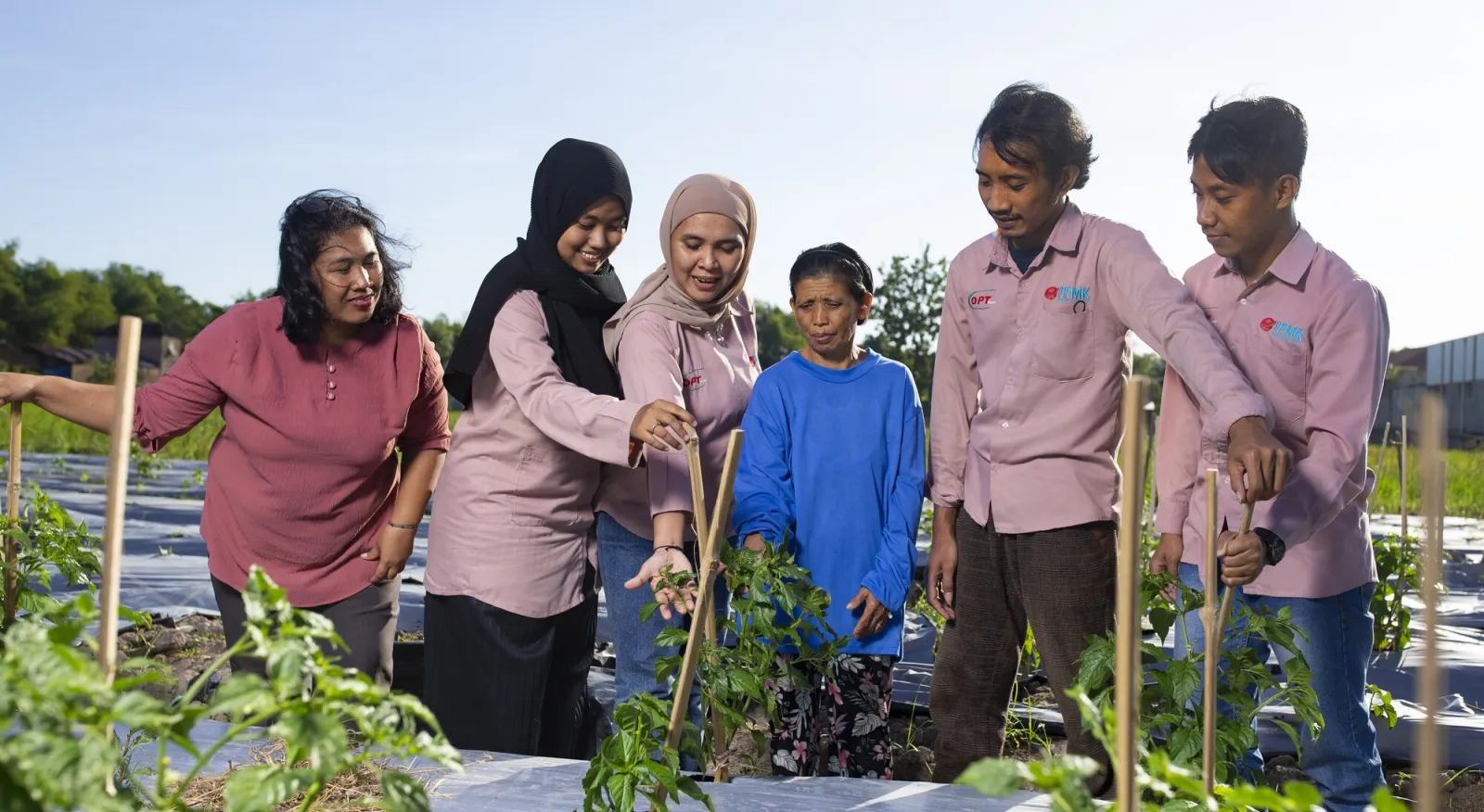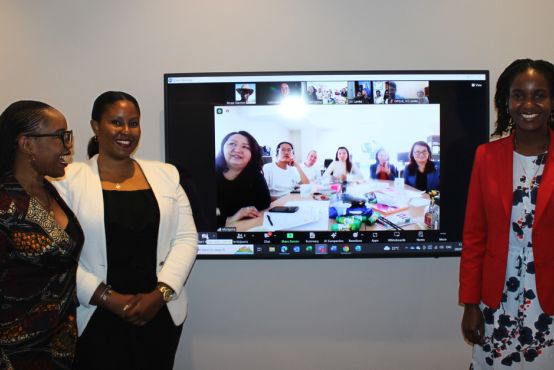
Embracing innovation is a guiding principle of the Australian Volunteers Program. Drawing on principles of human-centred design, the program explores new approaches to volunteering as well as opportunities to increase the impact of the program.
The program is continually evolving our innovation focus and how we embed innovative practices into our ways of working. We invite you to explore our innovation reports (coming soon) and discover the rich tapestry of the lessons we’ve learnt.
In 2018, the program launched with a committed focus on innovation. We adopted a rigorous process that guided projects through discovery, design and testing to ensure the right questions were asked and answered at the right time. Many projects ‘learned by doing’, adopting a flexible approach that allowed participants to adapt in real-time to changes as they developed.
This investment in innovation opened up new ways of working, explored ground-breaking volunteering initiatives, generated important learning and expanded the innovation capability of our volunteers, partners and staff. Notable outcomes include: the rapid implementation of Remote Volunteering during COVID-19 and the launch of the locally led Volunteering for Development workstream that oversaw the large-scale delivery of 15 innovation projects across 11 countries.
Drawing on this wealth of knowledge, we’re now looking ahead and refining our understanding of the future of volunteering. We’ve also streamlined our innovation approach to target opportunities that adapt and improve what we offer to partners and program participants while making the best use of available resources.
Innovation reports
Explore the lessons we've learnt though our innovation work over recent years.
Learn more